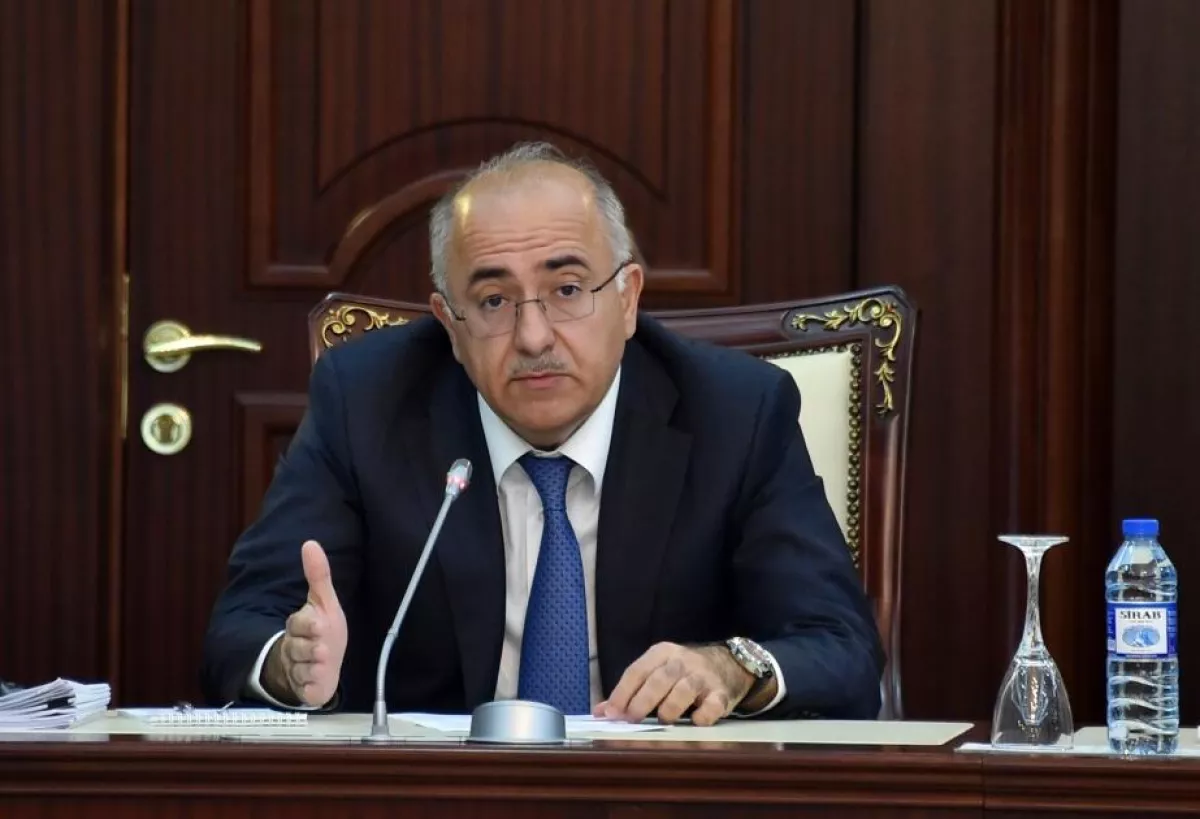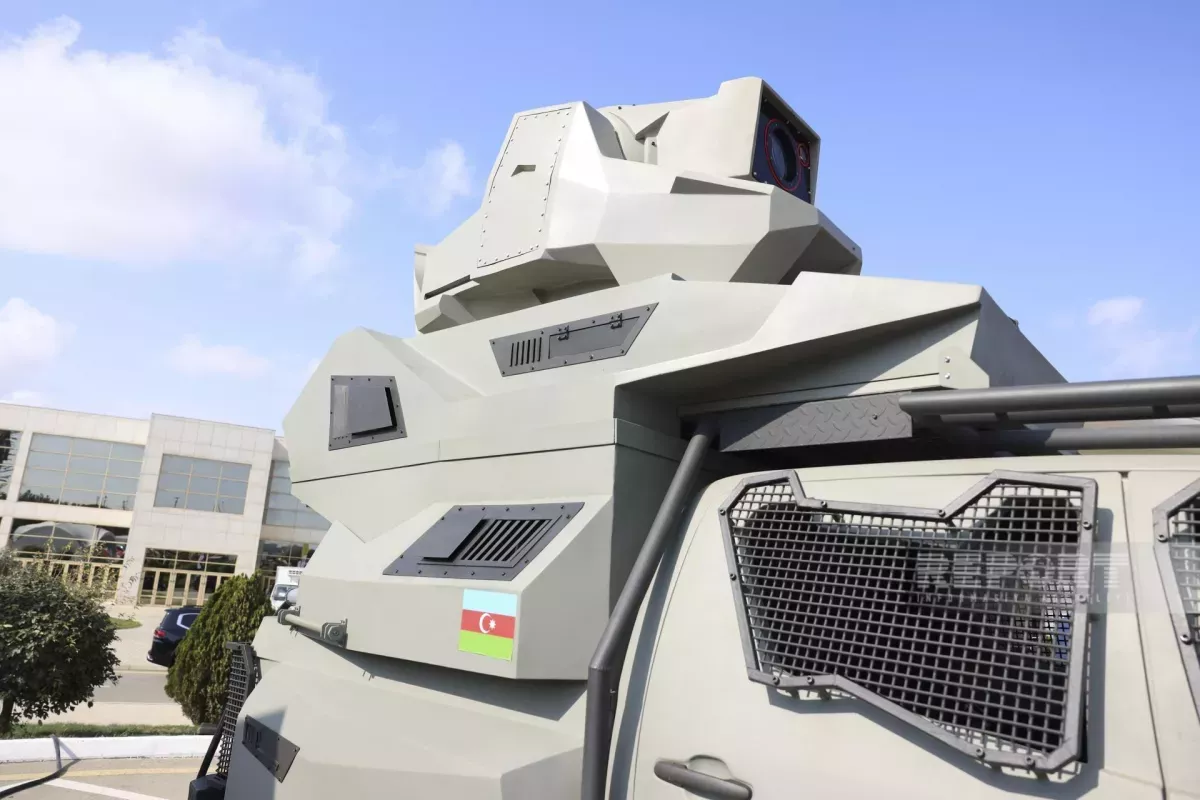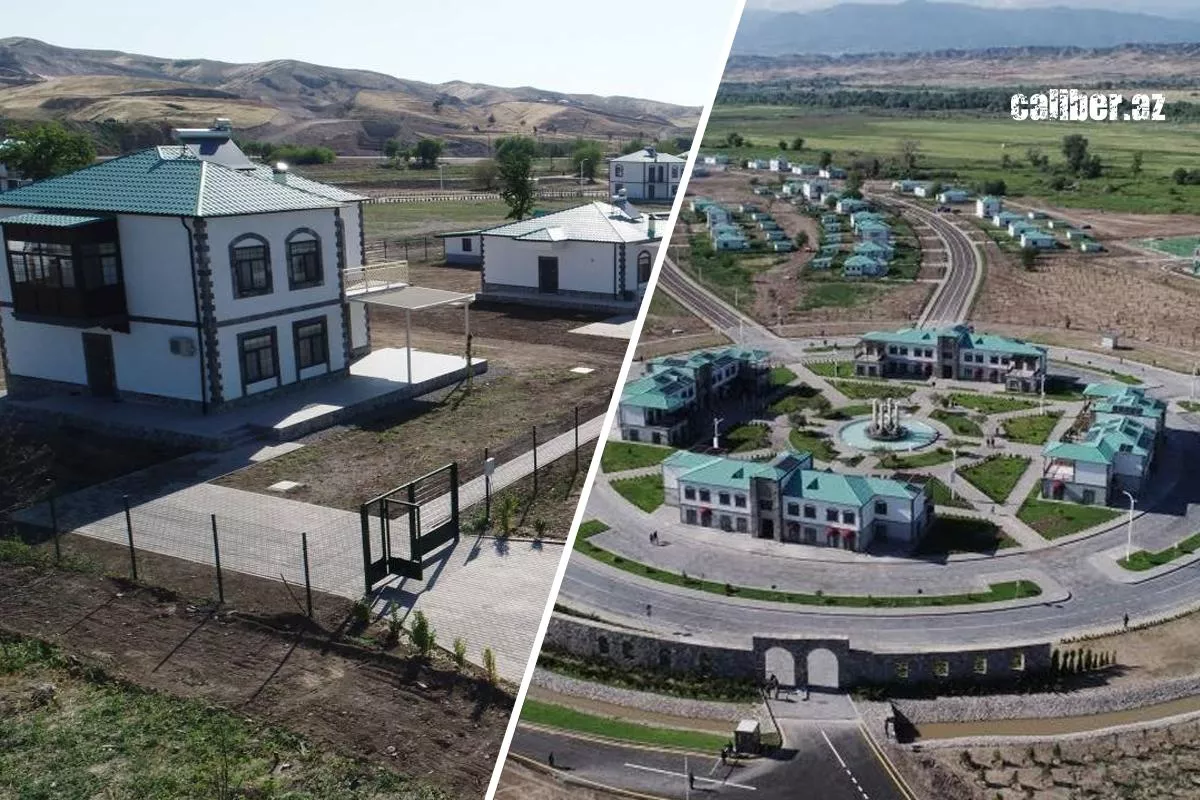Azerbaijan’s formula of strength Economy, army, stability
Over the course of two decades—from 2005 to 2025—Azerbaijan has allocated approximately 58 billion manats ($34 billion) from the state budget to defence and national security. These figures, announced by Deputy Minister of Finance Azer Bayramov at a scientific-practical conference organised by the Milli Majlis (parliament) Committee on Economic Policy, Industry, and Entrepreneurship, are more than mere statistics.

They reflect the deep logic of Azerbaijan’s state development—a journey from vulnerability to genuine independence, grounded in a strong army, a resilient economy, and a robust defence-industrial complex. This is a subject worthy of careful study and a source of national pride for all of us.
Over these twenty years, Azerbaijan has steadily strengthened its position in the field of defence. During this period, budget funding aimed at enhancing national security, military capability, and material-technical infrastructure has increased 29-fold, reaching 8.4 billion manats (approximately $5 billion) in 2025.
These are not just statistics. They are a strategic indicator of a mature state that has understood that without a strong army, guaranteed security, and a domestic defence industry, there can be no true sovereignty, stability, or development.
This course was set by the National Leader Heydar Aliyev and continued by President Ilham Aliyev. Over time, the Azerbaijani army has been consistently transformed into a modern, professional, and technologically equipped force, possessing high combat capability, a clear command structure, and strong personnel potential.
The culmination of this process was the Second Karabakh War, during which the Armed Forces of Azerbaijan achieved a brilliant victory, liberating the ancestral Azerbaijani lands from occupation and thereby restoring historical justice. This military-political success demonstrated to the world that the Republic of Azerbaijan is capable of independently resolving critical national challenges and conducting next-generation warfare.
A special role in strengthening Azerbaijan’s defence capability has been played by the development of the national defence-industrial complex. Unlike many other countries, Azerbaijan did not limit itself to purchasing ready-made systems. Since the late 2000s, the country has been establishing production facilities, scientific centres, and design bureaus tasked with providing the Armed Forces with domestically manufactured equipment.
Today, the Azerbaijani defence-industrial complex produces dozens of types of weaponry and military equipment: small arms, including assault rifles, sniper rifles, and machine guns; mortars, grenade launchers, and artillery systems; ammunition and shells of various calibres; armoured personnel carriers and specialised vehicles; unmanned aerial vehicles, surface kamikaze drones, and reconnaissance and strike systems.

Each year, the share of locally produced components continues to grow, with an increasing number of parts manufactured at Azerbaijani enterprises. Moreover, Azerbaijan actively cooperates with leading defence companies worldwide—not merely as a client, but as an equal partner, implementing innovations and joint projects.
It is also noteworthy that defence-industrial enterprises create jobs, develop related industries, and foster expertise in high technologies, materials science, and electronics. The defence-industrial complex has become a driving force for the country’s technological modernisation and makes a significant contribution to the development of the national economy.
There is another reason for pride. Following the restoration of territorial integrity, Azerbaijan faced the new challenge of reviving the liberated lands. This process is a continuation of the same logic of independence, resilience, and responsibility. As Deputy Minister of Finance Azer Bayramov noted, between 2021 and 2025, 21.6 billion manats ($12.7 billion) have been allocated for the restoration, reconstruction, and reintegration of the liberated territories into the national economy.

These funds are directed not only toward building infrastructure, roads, power lines, schools, hospitals, and housing. They are aimed at creating a new model of regional development based on the concepts of “Smart City,” “Smart Village,” and green energy.
The restoration of cities and villages in Karabakh is not just a construction effort. It is a symbol of the country’s revival—returning not only its lands but also historical memory, cultural heritage, and a sense of national dignity. No international donor or external organisation sets the priorities here. Everything is carried out exclusively with national resources, which is perhaps the clearest marker of Azerbaijan’s true independence.
It is also worth emphasising that such large-scale spending on defence and reconstruction has been made possible by a balanced financial policy. Azerbaijan has not only used revenue from the oil and gas sector prudently but has also diversified its economy, creating sustainable sources of budget income.
International financial institutions note Azerbaijan’s low external public debt, stable national currency, high GDP growth, and strong foreign exchange reserves. These factors have enabled the country to implement large-scale infrastructure and social programmes, modernise the army, and now carry out the historic project of reviving the liberated territories—all without external borrowing.
Azerbaijan’s experience is an example of how consistent, well-thought-out policy can transform a country. Over twenty years, an Azerbaijani model has taken shape, based on key principles such as responsible leadership, political stability, a resilient economy, effective institutions, and a strong army. It is precisely this combination of factors that has allowed Azerbaijan not only to withstand complex geopolitical challenges but also to become a centre of strength in the South Caucasus. And we can all take pride in being citizens of such a strong state.








